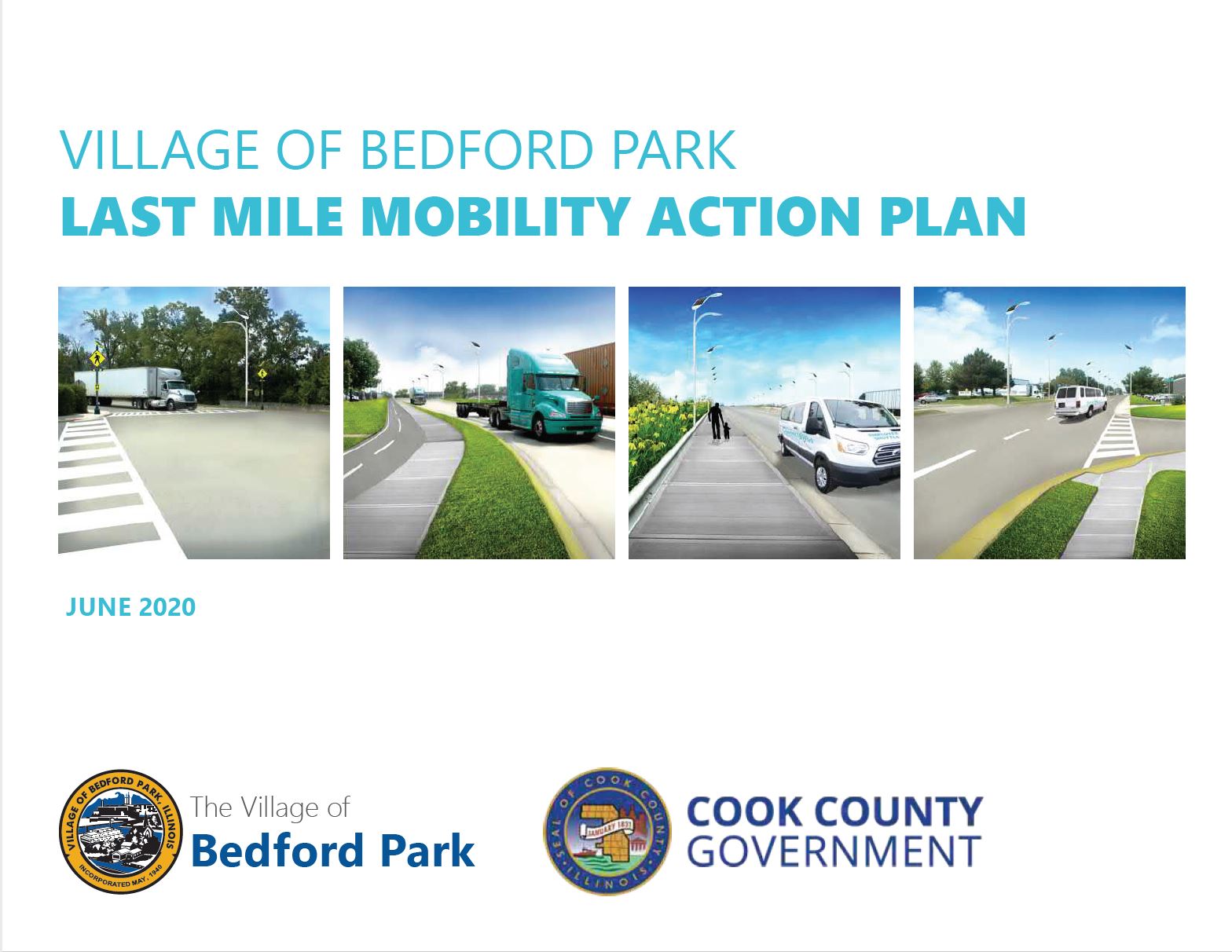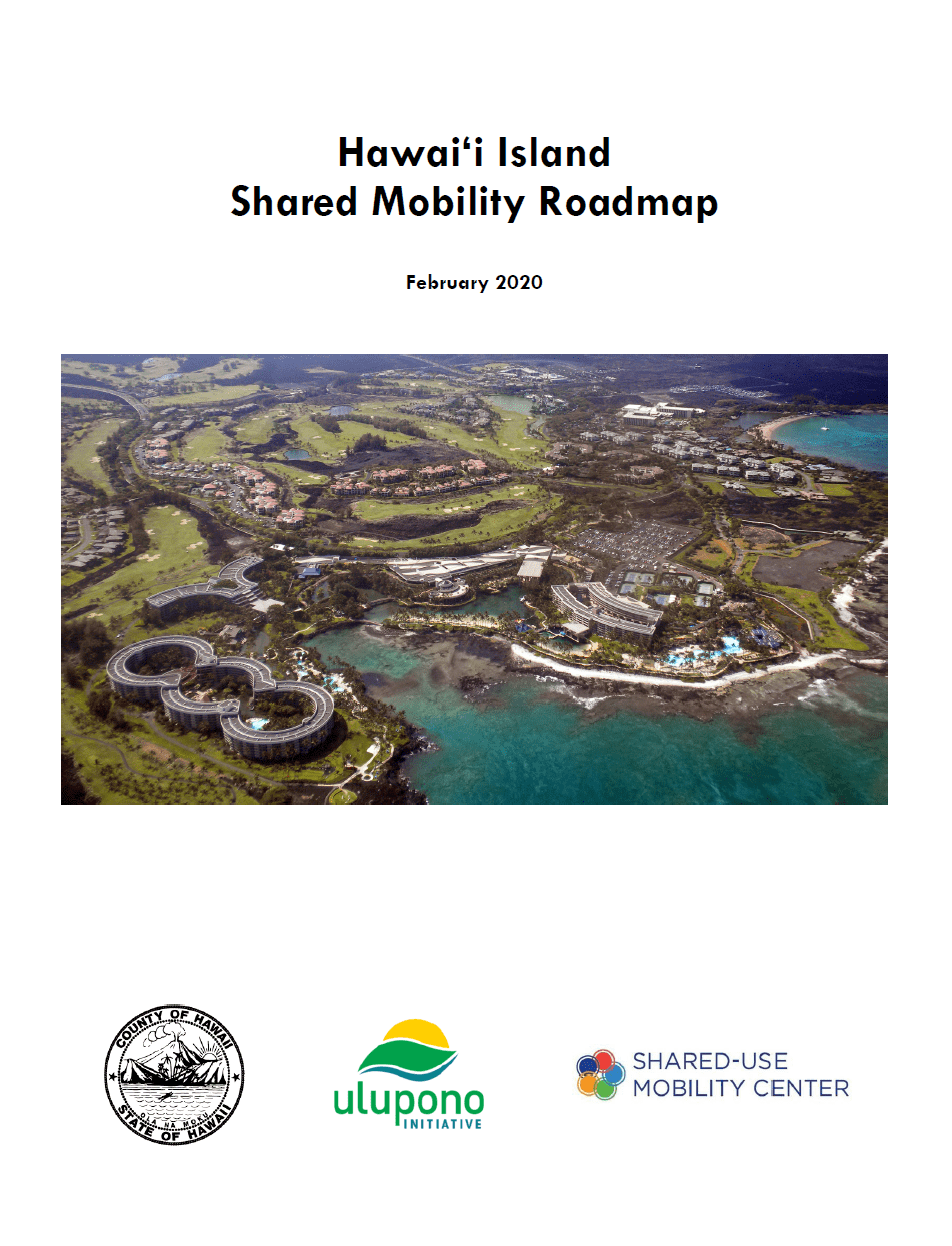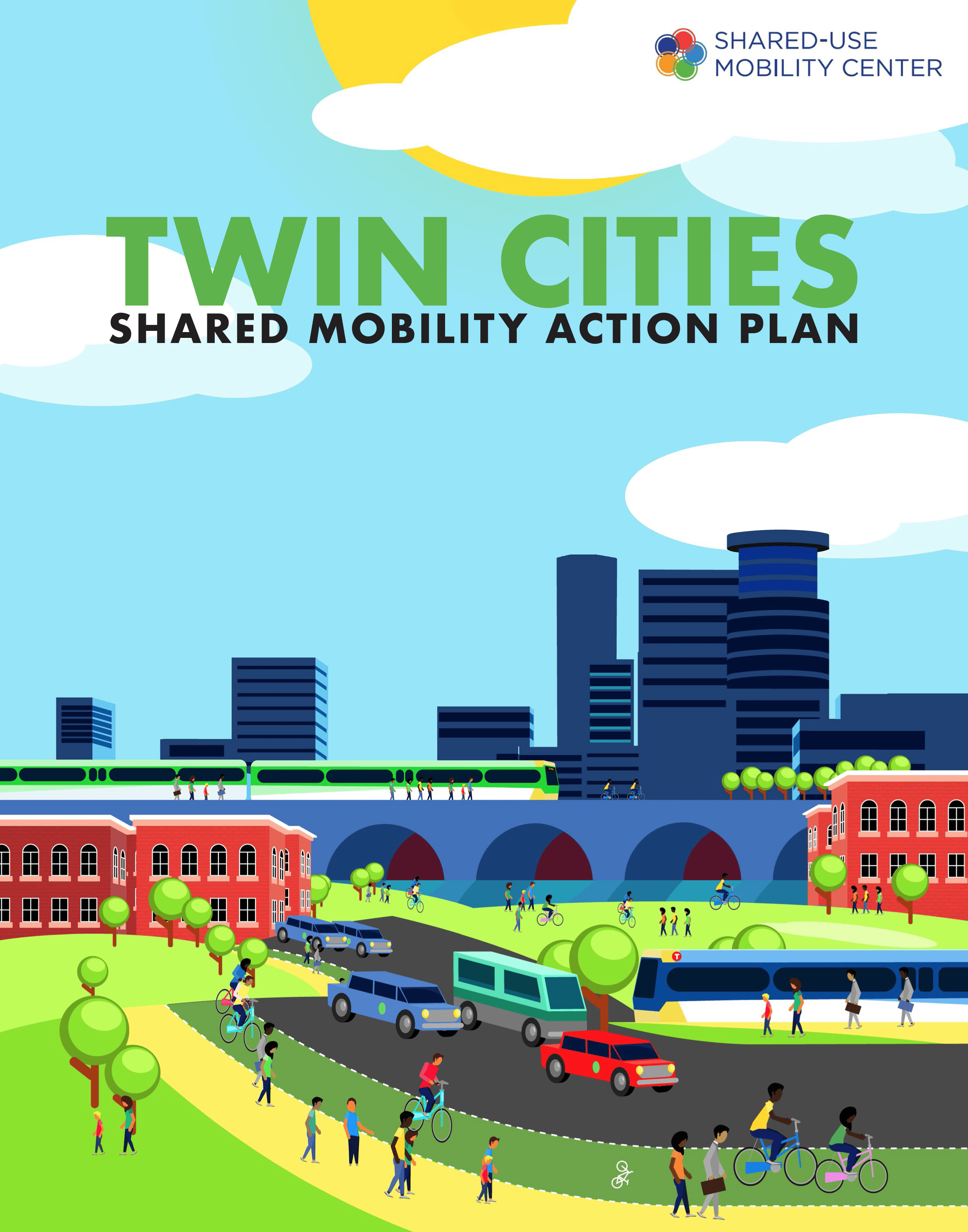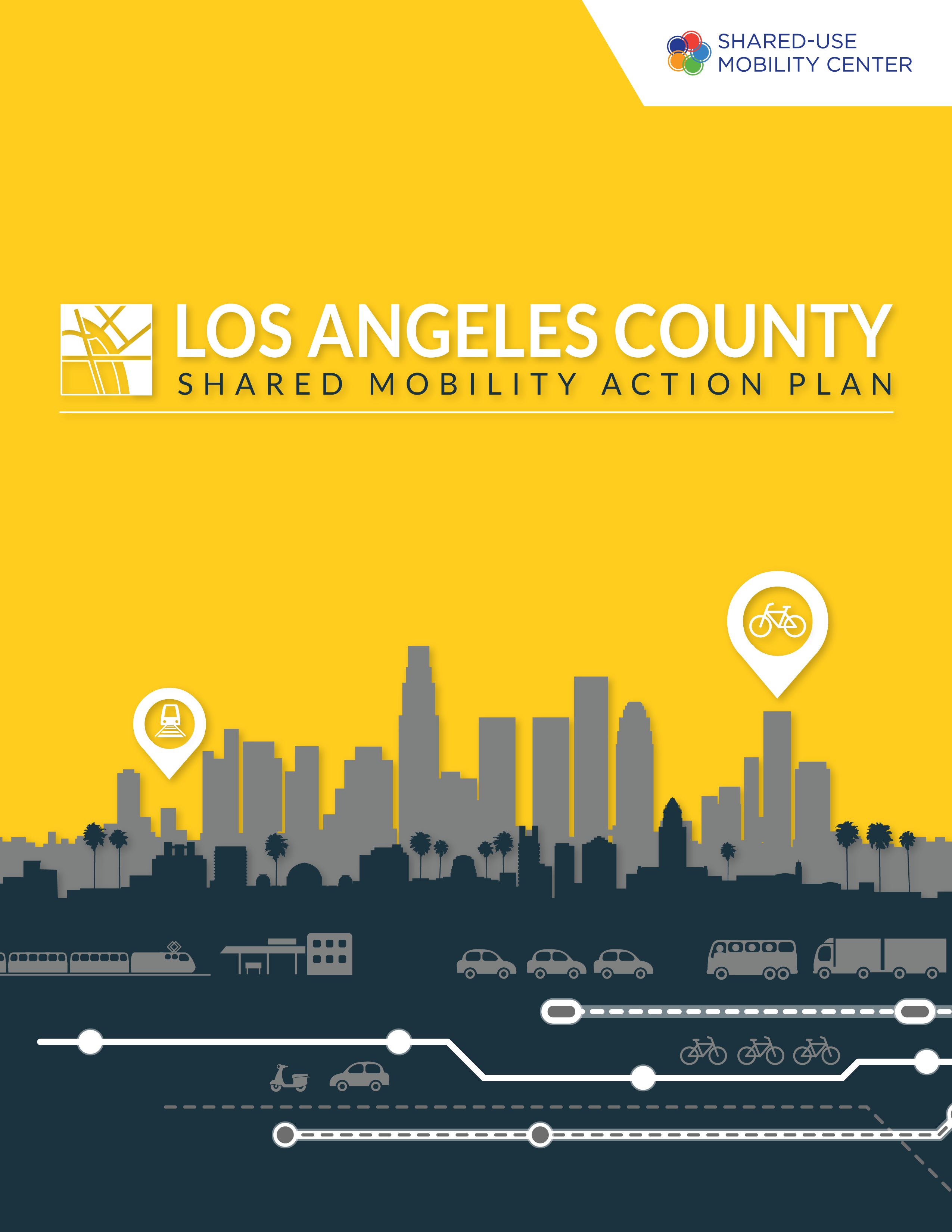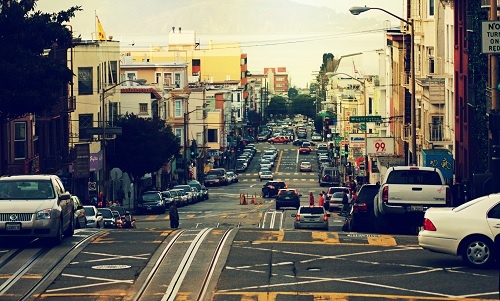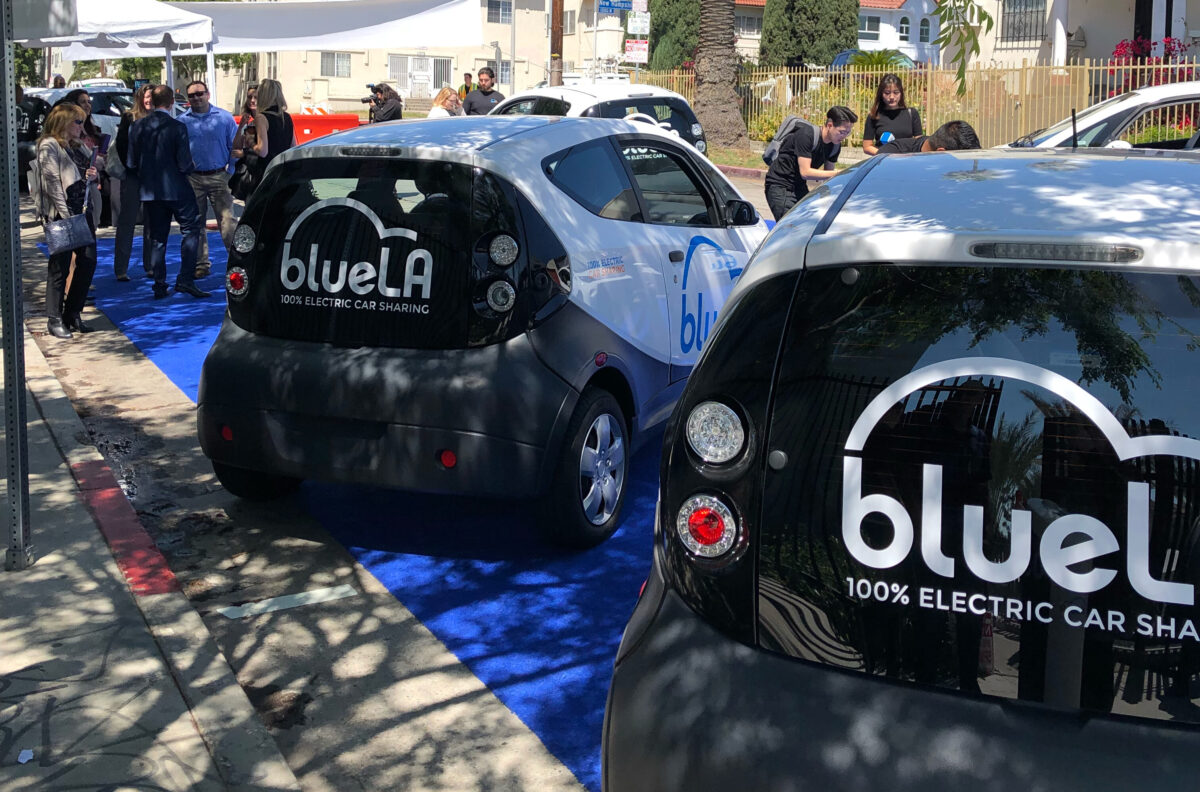

The Shared-Use Mobility Center is co-administrator of the Clean Mobility Options Voucher Pilot Program (CMO), along with CALSTART and in partnership with GRID Alternatives and the Local Government Commission. CMO provides $20 million in voucher-based funding for zero-emission carsharing, carpooling/vanpooling, bikesharing/scooter-sharing, innovative transit services, and ride-on-demand services in California’s historically underserved and tribal communities.
Funding
The CMO program is funded by California Climate Investments, a statewide initiative that applies Cap-and-Trade dollars to reducing greenhouse gas emissions, strengthening the economy, and improving public health and the environment. The program will help move the State further towards its emission-reduction goals while realizing climate change strategies and solutions that may then be used by other communities across the country.
Learn more and Explore CMO Opportunities
You can find CMO application materials, resources, tools, and assistance at cleanmobilityoptions.org
Shared + Electric Mobility Initiative
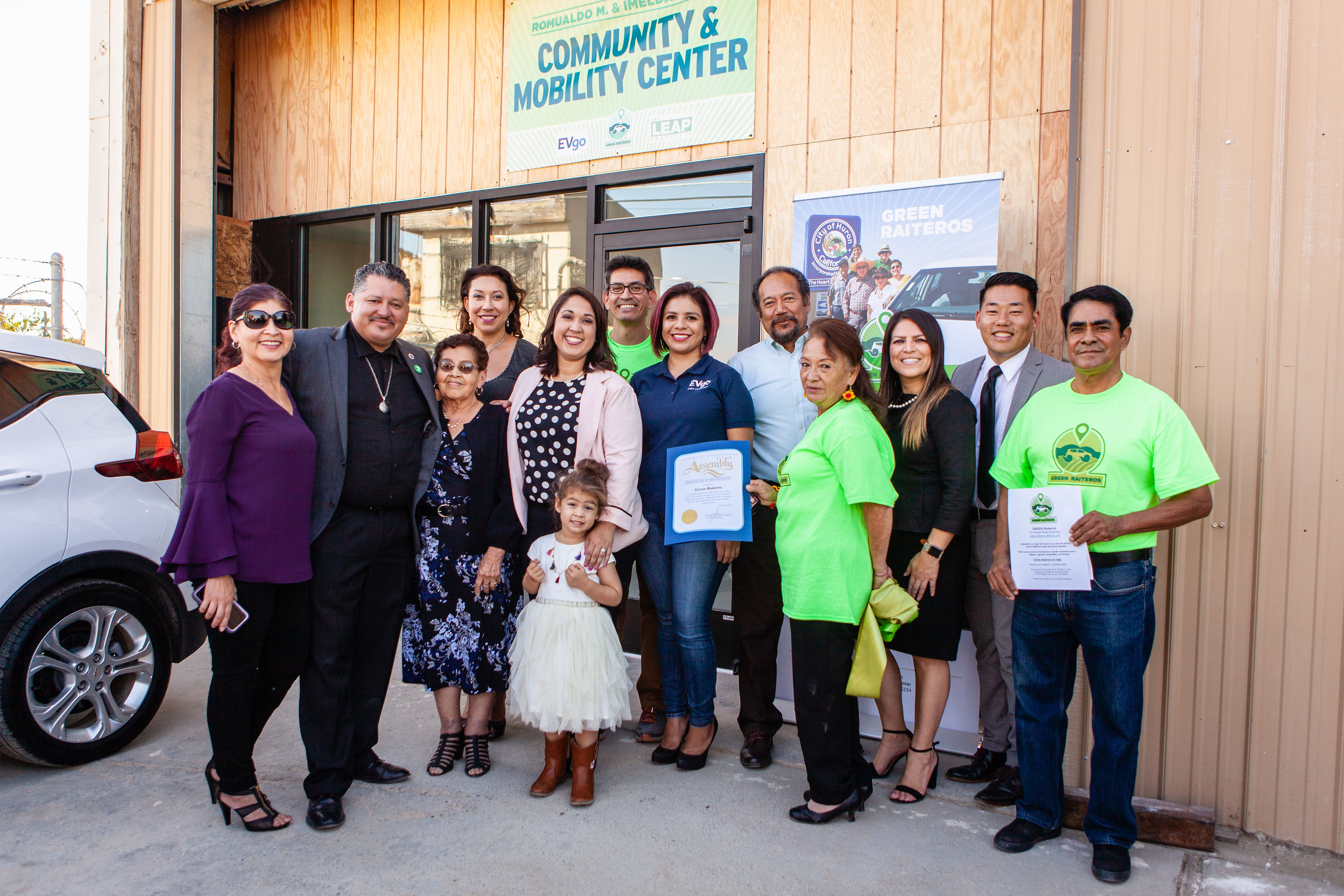
SUMC’s Shared + Electric Mobility Initiative is a national effort to cut carbon pollution by supporting cities, mobility companies, and utilities in electrifying new mobility services like carsharing and ridesharing, while creating new opportunities for zero-emission modes.
Through the Initiative, SUMC has been working in partnership with community organizations and the private sector to launch six clean, shared mobility pilot projects in low-income communities across California.
Mobility Hubs in Affordable Housing Pilot
In partnership with the Metropolitan Transportation Commission and TransForm, SUMC is a key partner in this California Air Resources Board-funded project centered on the design and deployment of mobility hubs built around EV carsharing, EV charging, and other shared mobility services at affordable housing sites in the Bay Area.
BlueLA EV Carshare
In April 2019, SUMC and the City of Los Angeles celebrated the one-year anniversary of BlueLA EV Carshare, a first-of-its-kind pilot program we helped create and guide that reduces greenhouse gas emissions and increases mobility choices in disadvantaged communities in and around Central Los Angeles. Since the launch on April 20, 2018 through June 30, 2019, it is estimated that the BlueLA service (90 vehicles, 135 EVSE or chargers, and 27 stations) has reduced annual GHG emissions by 889.71 metric tons, which is equivalent to 972,654 pounds of coal burned or 100,114 gallons of gasoline consumed.
Green Raiteros Rural Electric Vehicle Rideshare
This “Indigenous Uber” program uses a shared fleet of electric vehicles and volunteer drivers or “raiteros” to connect the predominantly Latino and farming city of Huron, California to vital services in Fresno. Developed by the Latino EnvironmentalAdvancement & Policy Institute in partnership with SUMC, Green Raiteros is a progressive step toward transportation justice, and economic opportunity.
Read the 2020 Case Study: The Story of Green Raiteros: A Shared & Electric Lifeline for California Farmworkers
Shared Mobility Action Plans
The Shared-Use Mobility Center works with cities and regions across the nation to develop shared mobility action plans that help reduce reliance on private autos, mitigate traffic congestion and emissions, and expand mobility options for all. Drawing on original research, statistical modeling, and decades of experience in shared mobility operations, SUMC’s plans serve as a catalyst to help cites establish a vision, set mode shift goals, and chart a path forward toward a more sustainable future.
Village of Bedford Park Last Mile Mobility Action Plan
SUMC worked with Antero Group and the Active Transportation Alliance to develop a Last Mile Study and a Last Mile Mobility Action Plan for the Village of Bedford Park, IL, an industrialized Chicago suburb with an average of nearly 30,000 daily commuters who face last-mile mobility challenges on existing transit networks. In 2018, the Village of Bedford Park launched an initiative to better understand the area’s last-mile mobility challenges, and to develop, test, and implement innovative and effective mobility solutions.
Hawaii Island Shared Mobility Roadmap
Working with the County of Hawai’i and the Ulupono Initiative, the Shared-Use Mobility Center released the Hawaii Island Shared Mobility Roadmap in March 2020 to address concerns about the economy, equity, and environmental sustainability as demographics, job access, and travel patterns shift. Featuring a detailed summary of existing conditions pinpointing shared mobility opportunity areas, foundational and targeted Strategies, and a step-by-step implementation guide, this Roadmap can chart the way to the County’s transportation goals while increasing the overall quality of life.
Shared Mobility Action Plan for the Twin Cities
With assistance from the McKnight Foundation, SUMC worked with leaders in the Minneapolis-St. Paul region to develop a Shared Mobility Action Plan for the Twin Cities to help scale up shared mobility and public transit to head off congestion and other challenges related to impending population growth, and maintain the region’s affordability, livability and freedom of movement. The plan also features several strategies to help ensure more transportation options reach disadvantaged neighborhoods. For more information, read SUMC’s news release.
Twin Cities Shared Mobility Collaborative
After the Twin Cities Action Plan was released, SUMC mobilized a group of transportation leaders, public agencies, private companies, city officials, and nonprofits to form the Twin Cities Shared Mobility Collaborative to implement the plan’s recommendations.
During this time, SUMC provided advice, presentations, and research in support of carshare, data sharing, and the City of Minneapolis’ mobility hubs pilot program, which went on to earn a Bloomberg Cities grant and public funding.
The Collaborative’s efforts have resulted in:
1. Passing a comprehensive plan in Minneapolis supporting a multimodal network.
2. Planning for mobility hubs in Minneapolis and Saint Paul.
3. Changing regional policy to make it easier for people to take vanpools to jobs downtown.
4. Expanding EV carshare with MPO funding, with possible extension to future projects.
5. Pioneering new models for gathering, analyzing, and using shared mobility data.
6. Adding new staffing at the City and MPO levels to address shared mobility.
Los Angeles County Shared Mobility Action Plan
Developed with input from numerous regional stakeholders, SUMC’s Shared Mobility Action Plan for Los Angeles County is designed to help the region capitalize on its expanding public transportation network and address ongoing challenges related to greenhouse gas emissions and traffic congestion. Following the release of the plan, SUMC has also continued to lead stakeholder engagement efforts in Los Angeles to build support for expanding shared mobility.
For more information on the development of the plan in 2016, read SUMC’s news release.
To learn about recent progress on implementation, download the 2017 Action Plan Scorecard.
Do you want a shared mobility action plan for your city? If so, contact us.
Shared Mobility Strategic Planning
Along with developing Action Plans, the Shared-Use Mobility Center works with partners to develop strategic plans for shared mobility and public transit in cities, regions and towns. Current and past projects include:
San Francisco: Bay Area Carsharing Implementation Strategy
SUMC worked with UrbanTrans and the Metropolitan Transportation Commission (MTC) to create an implementation strategy to scale up carsharing in the Bay Area, with an aim to help meet mandated greenhouse gas emission reduction targets. The plan drew from market and policy analysis to identify strategies to reduce car ownership through the provision of carsharing services throughout the nine-county Bay Area region. In June 2018, MTC allocated $1.2 million to pursue the actions recommended in the Strategy.
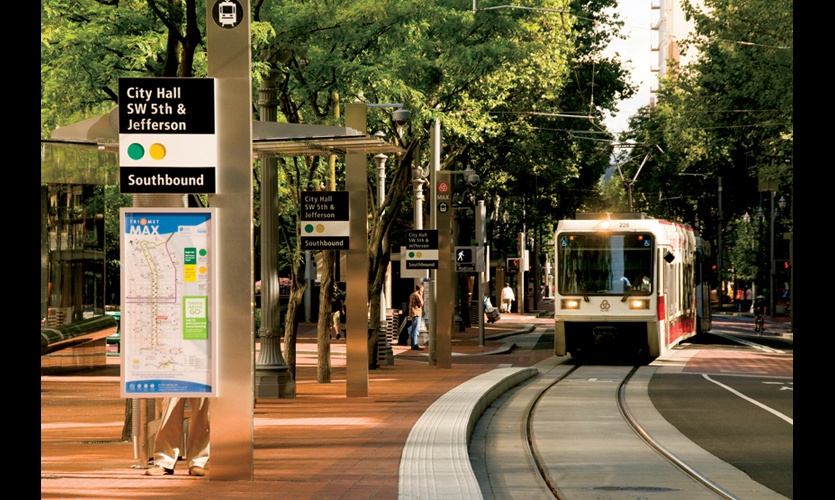
TriMet New Mobility Plan
SUMC is a subcontractor on Nelson\Nygaard’s TriMet New Mobility Strategy Assessment for the Portland, OR regional transit agency. The study looks at new models that could potentially fill market gaps while also leveraging recent investments in trip planning and fare collection technology. This study will ultimately help TriMet identify potential pilot partnerships to provide connections for first-mile/last-mile gaps and/or paratransit service. Along the way it will also identify opportunities and risks associated with new mobility approaches and autonomous vehicles, and provide guidance on data management models for public agencies.
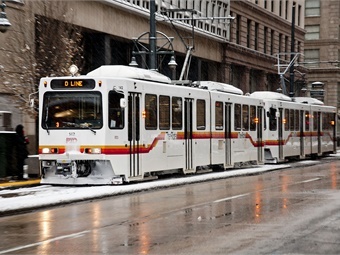
Denver Regional Transportation District (RTD) First and Last Mile Strategic Plan (Upcoming)
As a subcontractor to UrbanTrans North America, SUMC is working with the Denver Regional Transportation District (RTD) on the agency’s First and Last Mile Strategic Plan. SUMC is leading the identification of shared mobility solutions and best practices from around the country and world, helping to inform the shared-mobility components of a first/last mile station-area typology. SUMC is also supporting other RTD activities related to the strategic planning, and helping develop evaluation tools, recommendations, and implementation plans.

